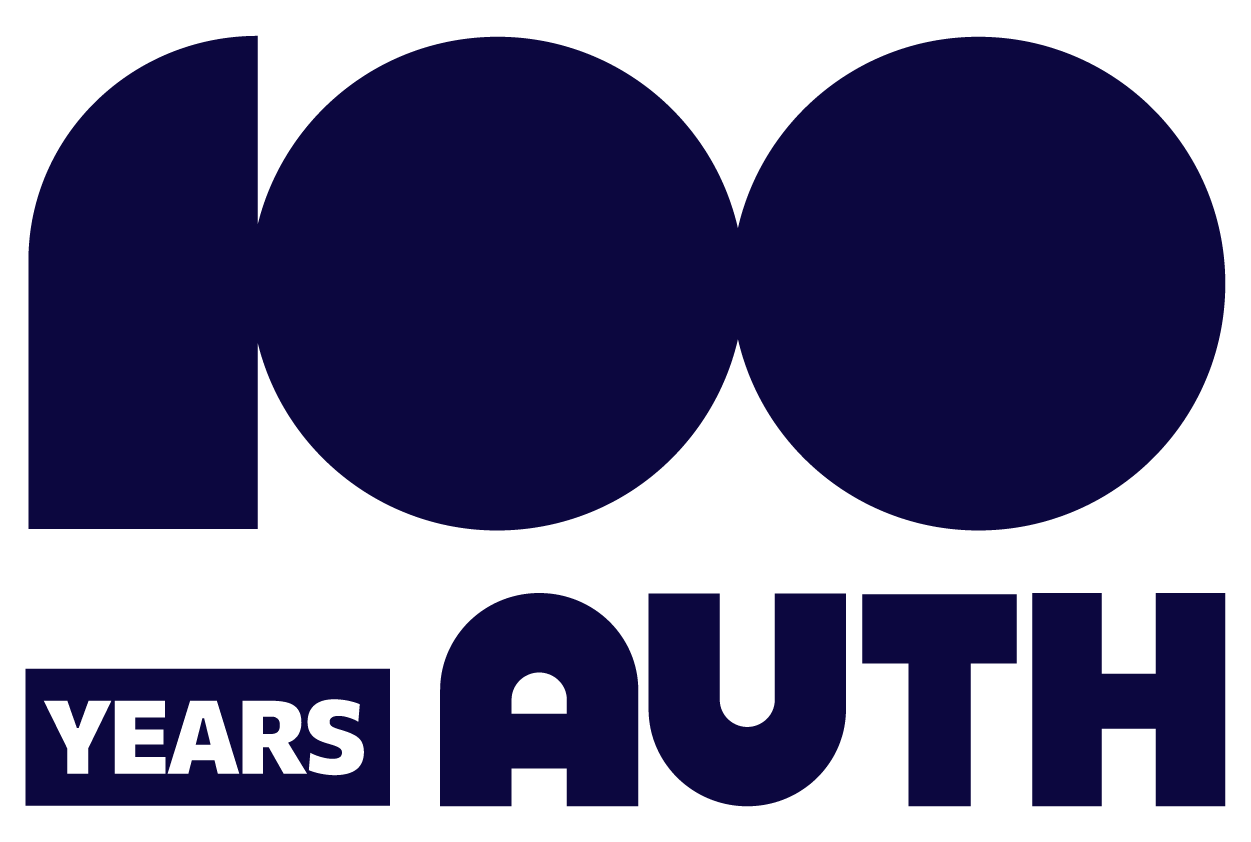
This course presents long-standing questions about the origin of languages, linguistic variation and diversity, and the comparison of linguistic diachronies (Newmeyer 2005, Ruhlen 1994). We will examine how Proto-Indo-European and Proto-Germanic are reconstructed, how language relationships are justified, how new forms of language arise and spread through a community. The course will also provide an opportunity to gain some practical experience of using (electronic) historical Indo-European corpora and analyzing data of historical grammar (Markus et al. 2012, Taavitsainen et al. 2014).
Topics
• Reconstruction
o The principals and methods of genetic comparison
o Comparative reconstruction
o Classification and subgrouping (Indo-European, Germanic)
o Internal reconstruction
• Linguistic innovation, variation, and change
o Ìicro vs. macro parameters
o Language acquisition and parametric variation
• The use of historical corpora
o Annotated and Parsed (electronic) historical Indo-European Corpora
Learning Outcomes:
By the end of the course, the students will have gained a good understanding of the idea of linguistic kinship, the origin of Indo-European languages, and of new tools of current linguistic theory for discovering the past of languages. In addition, the students will be able to evaluate and work with scientific approaches to the history/prehistory of languages. These will include the use of historical corpora (such as PROIEL corpus and others), reconstruction methods, historical explanations in modern linguistics.
Assessment methods:
Optional assignments and projects and final written exams.